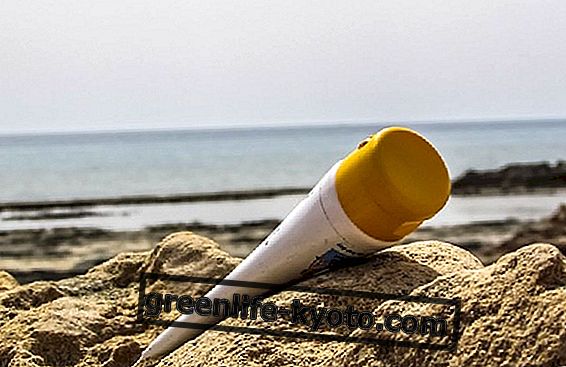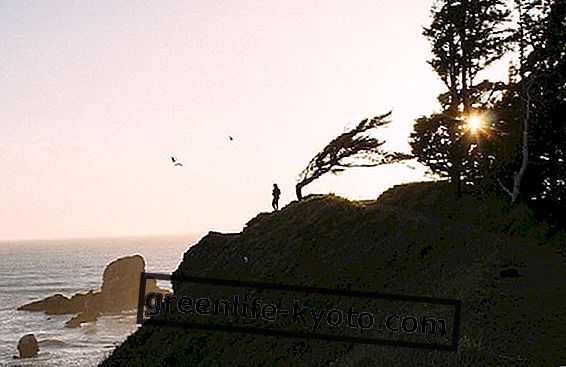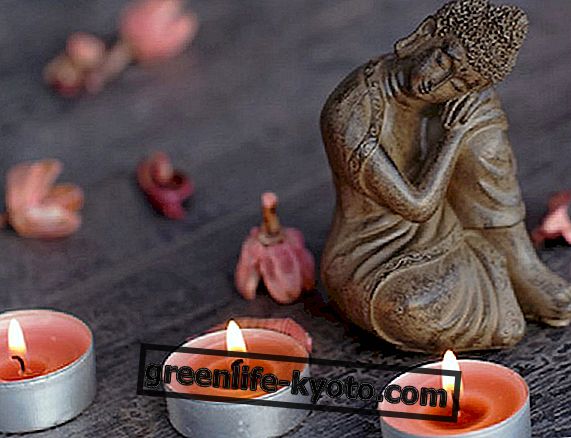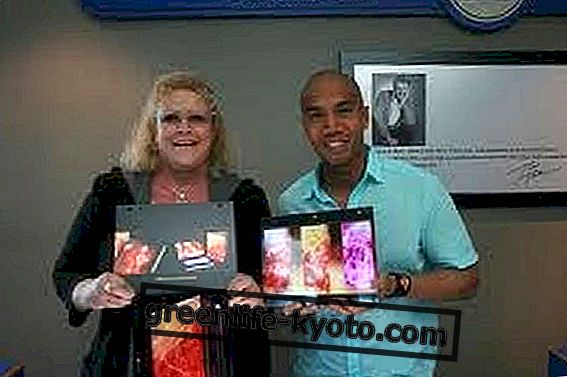
The ecology of communication: planetary premise
No species on our planet lives in complete isolation: each species interacts with at least one other species and our well-being is linked to the well-being of the planet. It has long been known that other forms of communication, in addition to that constituted by language, exist and are possible. For example, through gestures and body language, movement, think of bee dances, or through other factors, such as pheromones used by insects or other animals. It has even been discovered that even fungi and bacteria, through a phenomenon called Quorum Sensing, or a communication chemistry, made of bioluminescence and compounds produced only through the interaction of some microbes, can talk to each other . Furthermore, the study of communication becomes important during the study of existence, ecology and evolution.
Evolution, ecology, and the science of life are closely connected factors. The geneticist and biologist Theodosius Dodzhansky argued that "Nothing in biology makes sense, except in an evolutionary way" ; it is therefore clear that there are undoubtedly different ways of communicating with each other, and that in equally diverse ways they have contributed to the evolution of the various species. The ecology of communication focuses precisely on this, on the study of communications between the various species, including human beings, and on the study of a subject as fascinating as it is complicated to communicate, always evolving, impacting on ecology and the planet system, in order to ensure a natural well-being for all.
Pino de Sario, Jerome Liss and the ecology of communication
The social psychologist, communication consultant trainer Pino de Sario wanted to apply these studies on the ecology of communicating specifically to interpersonal communication, among men. His text "The ecology of communication" aims to illustrate the various approaches to communication, examining three key points: the role of the body, the discomfort in communicating, the misunderstandings that can arise. Being ecological in communicating means being in touch and in tune, while communicating, with three factors: the subject that sends the message, the receiver, finally all that is around, the surrounding environment . The same Pino de Sario had a great master, the New Yorker, Italian by adoption, Jerome Liss.
The intuition of the ecology of communication is due to him, to Professor Jerome Liss. Jerome Liss, born in New York in 1938, he graduated in medicine at the Albert Einstein Medical School, Bronx, New York and specialized in psychiatry in Psychiatric Residence, Mental Health Center of Massachusetts, he is a consultant for the United Nations of the World food program and is the founder and head of the Italian biosystems school. Liss's intuition was to have approached and connected the aspects of ecology with those of communication, in order to make the first applicable and suitable for developing an effective, creative and positive communication.
As Liss himself explained, in ecology we have an interaction between different and complex organisms and the surrounding environment: the latter is respected so that there can remain a state of harmony. Thus, likewise, it should occur among men. To do this it is important to activate forms of behavior within the group that provide for the free display of their ideas in harmony and respect towards the group itself and with its global project. If in ecology an idea of growth and development dominates in the direction of evolution, so also within a group one can pursue a path of development that is identified in the greater ability to achieve concrete and effective results . We are thus summarizing the concept underlying the ecology of communication: in essence, ecology serves as a model for its practical application, communication.
The ecology of communication in practice: counseling courses
The ecology of communication has a very important practical application, which lately is taking place in several Italian realities, for example in counseling courses . For all those people who make communication on a daily basis, teachers, journalists, psychologists, mediators have been activating training and counseling courses for some time, based on concepts such as the ecology of communication, courses valid for anyone wants to pursue a path of growth also in this direction.
These courses aim to make participants understand how important it is to "untangle the threads" of the communicative skein, to avoid misunderstandings, misunderstandings, dysfunctional logical passages that can even make everyone's life inhuman, brutal and unnecessarily complicated . Not to mention the endless misunderstandings and misunderstandings, which are however part of ordinary communication at various levels, and the wounds that interpersonal communication can entail: the importance of these courses also lies in trying to understand how to deal with these things and manage them positively. To return to Pino de Sario, concluding with his own words, it is therefore important to understand to understand each other: "Personal growth is a fraught path that exposes us to fatigue and hardness (...) I have learned only after so long that growing up is softening, loosen the presumptions, release the firm grip on life as an anxious and aggressive grip. I am slowly realizing that life has, in its depth and vulnerability, the best treasures and the best areas of growth and advancement. "













